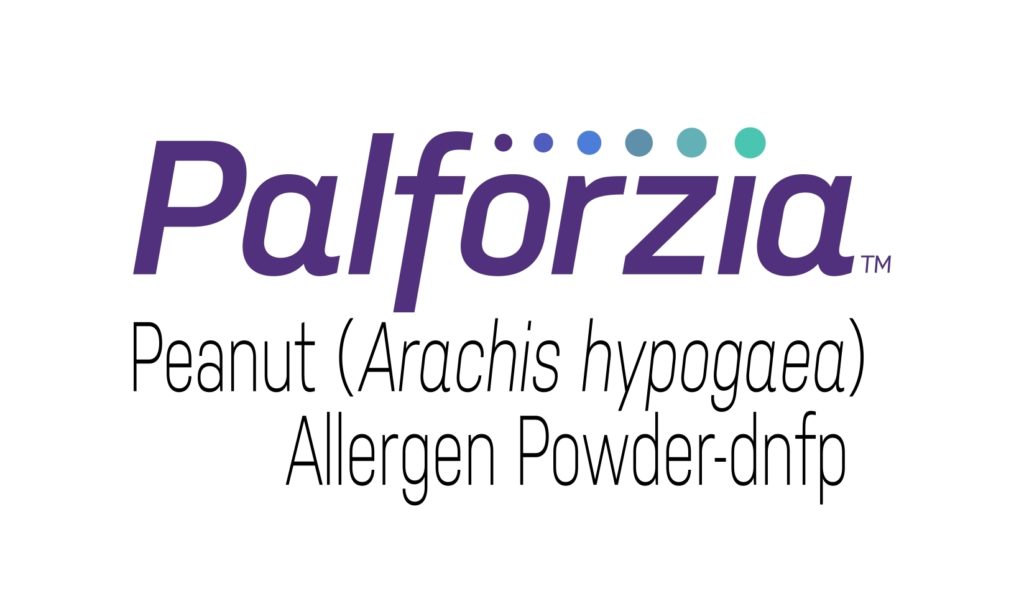Food giant Nestlé put its Palforzia peanut allergy treatment up for sale only two years after acquiring the company that developed it for $2.6 billion. The move comes after slower than expected adoption by patients and healthcare professionals. Nestlé expects the review to be done in the first half of 2023 and said that Nestlé’s health science division will increase its focus on medical nutrition and consumer care.
Palforzia, the first drug for peanut allergies in children to be approved by the US Food and Drug Administration (FDA), is aimed at consumers from the ages of four to 17 with a confirmed peanut allergy diagnosis. The drug may alleviate some of the symptoms associated with the allergy such as constriction of airways, hives and swelling.
Clinical trials found that two thirds of patients who took Palforzia could safely handle 600mg of peanut powder, or roughly two whole peanuts. While two peanuts doesn’t sound substantial, for those who constantly carry an Epipen, it can make a considerable difference. Unfortunately for Nestlé, it’s a niche market since less than three percent of the US suffers from peanut allergies and roughly 75 percent of them are over age 17.
Related: Top 3 Allergy Friendly Food Brands
Another issue with Palforzia is it’s time-intensive compared to the traditional method of just avoiding peanuts. Patients need to visit an allergist every two weeks for four to five months, which includes an extra hour for observation just in case they go into shock.
Nestlé first invested in Palforzia’s parent company, Aimmune, in 2016, eventually building a stake of more than 25 percent. In 2020, it purchased the rest of the company at $34.50 a share, representing a 174 percent premium of its closing price that week. But the drug’s disappointing sales have sparked concerns about future investment in the broader food allergy research and drug development space.
In addition to blaming COVID-19 for disrupting Palforzia’s rollout, the treatment came with fixed costs that were hard to justify in the face of minimal sales like continuously collecting and submitting side effects data to the FDA. Now, Nestlé’s health science division will focus more on its bread and butter of food supplements and vitamins.
In addition to Palforzia, Nestlé has also agreed to spin out Freshly, a meal kits business it acquired in 2020 in a deal valuing the startup at $950 million. At the time, the direct-to-consumer (DTC) business was bought as COVID 19-era restrictions fueled rapid growth in sales of meal kits. But as the world began to reopen over the next two years, consumer retention for the service dropped.
Freshly will be merged with Kettle Cuisine, a premium food manufacturer owned by private equity group L Catterton, leaving Nestlé with a minority stake. Nestlé did not disclose the financial terms of the deal but said Freshly “has not driven the scale or performance we had hoped for” after “dramatic shifts in the external business environment.”
Nestlé disclosed the Palforzia review and Freshly merger as it held an investor seminar in Barcelona, Spain last week, but said it had made a net annual return on acquisitions since 2018 of between 11 and 13 per cent, “with a large majority of transactions at or above their business plans.”












Join or login to leave a comment
JOIN LOGIN